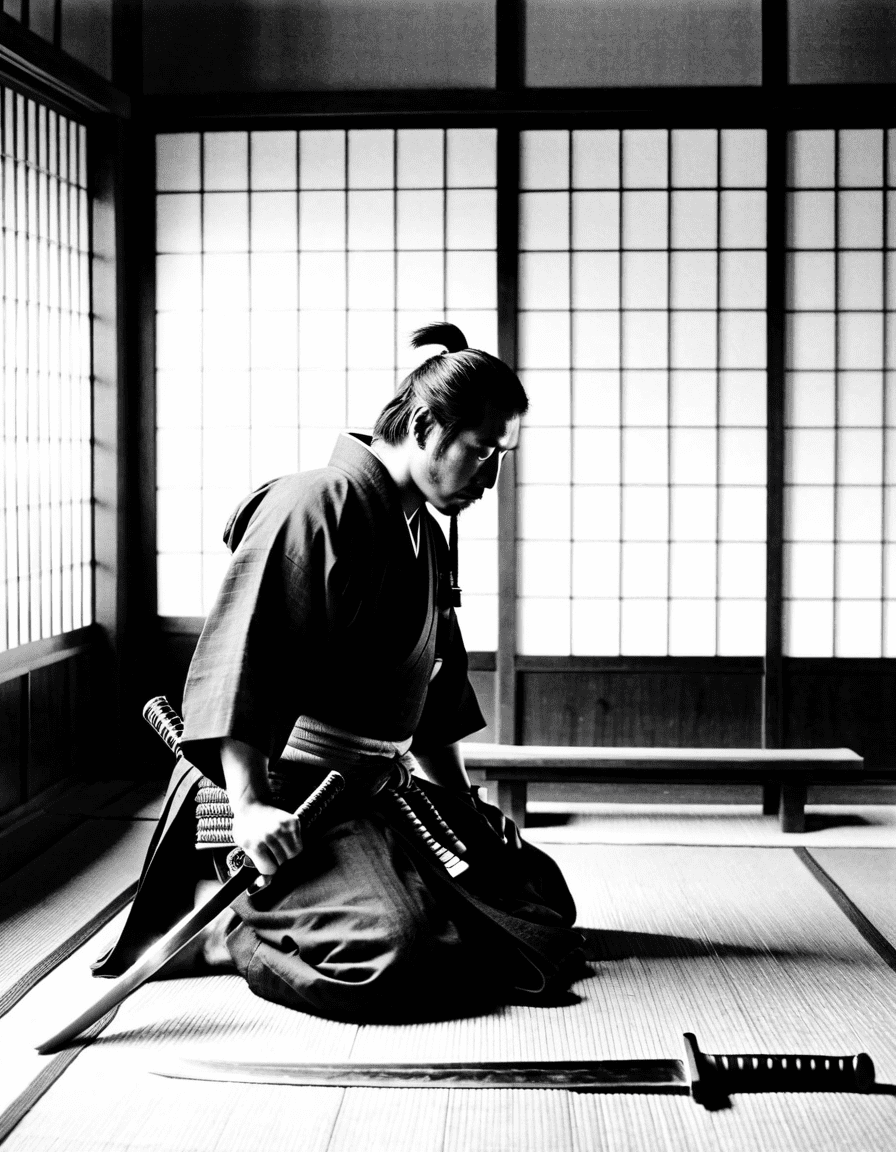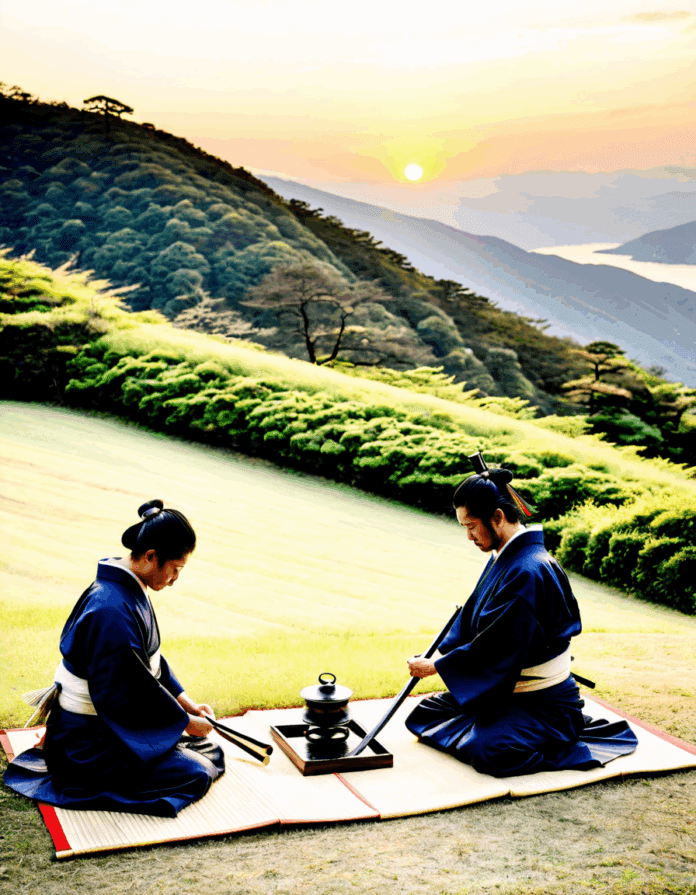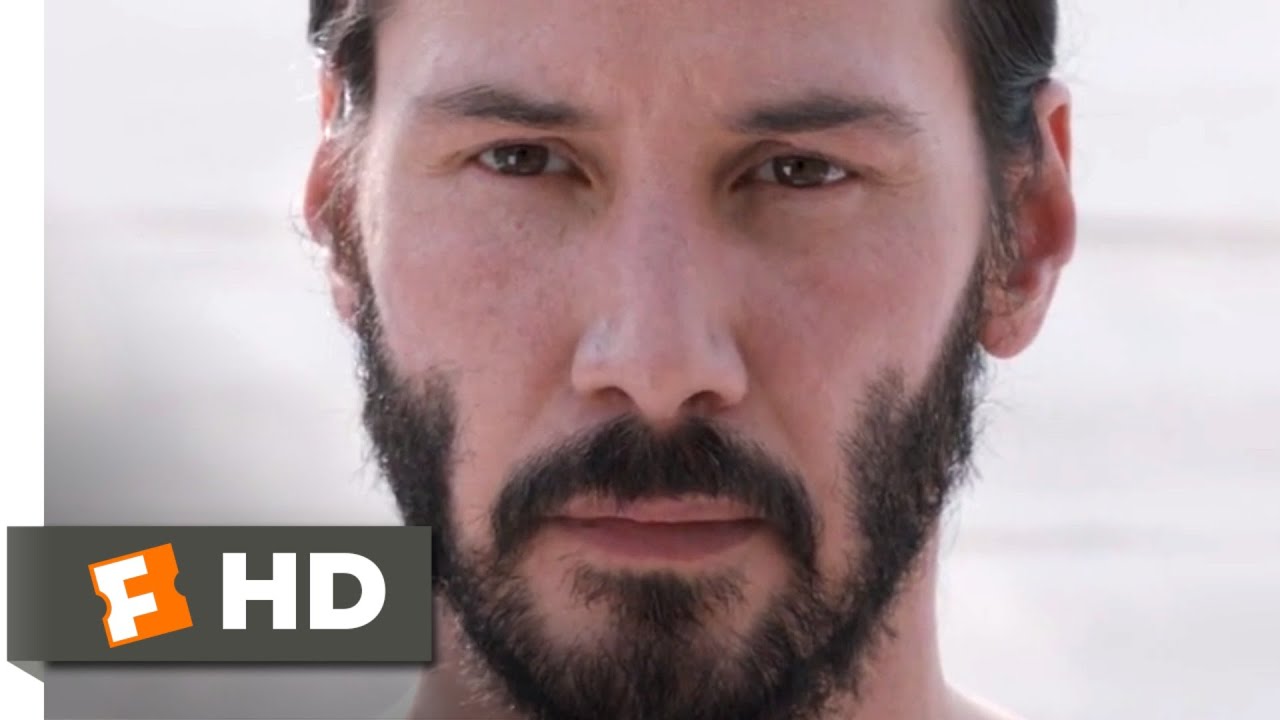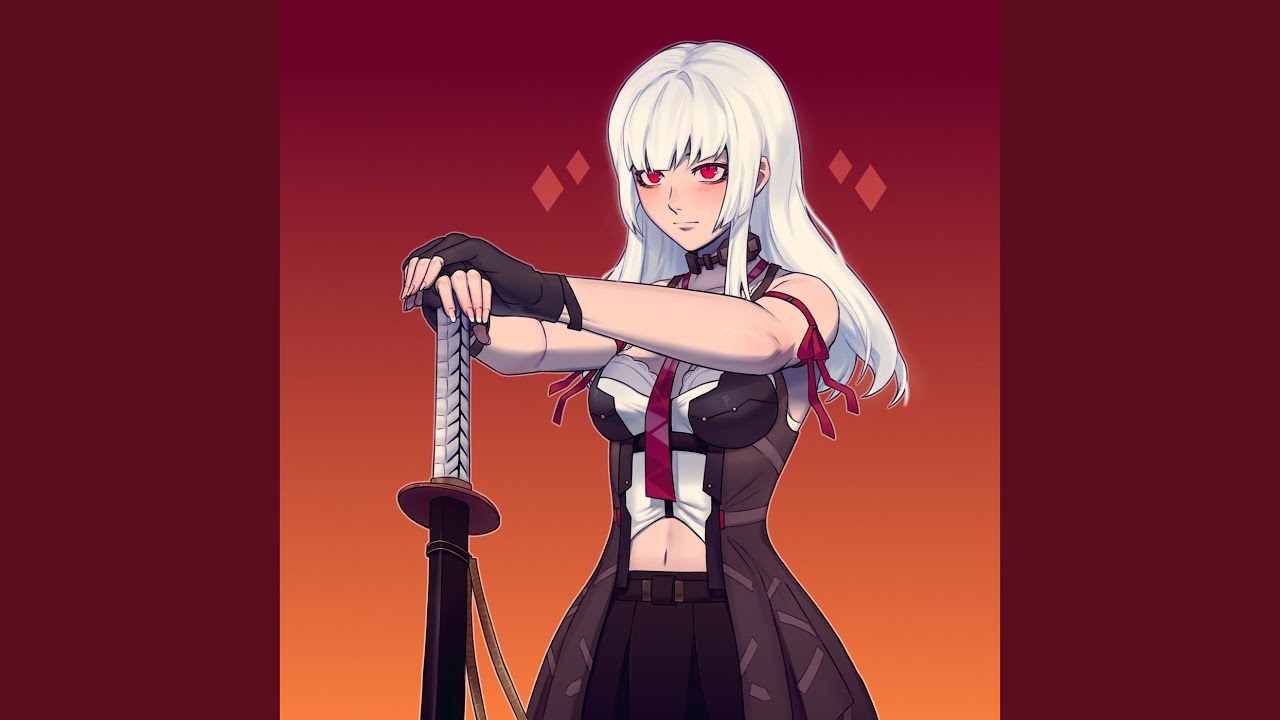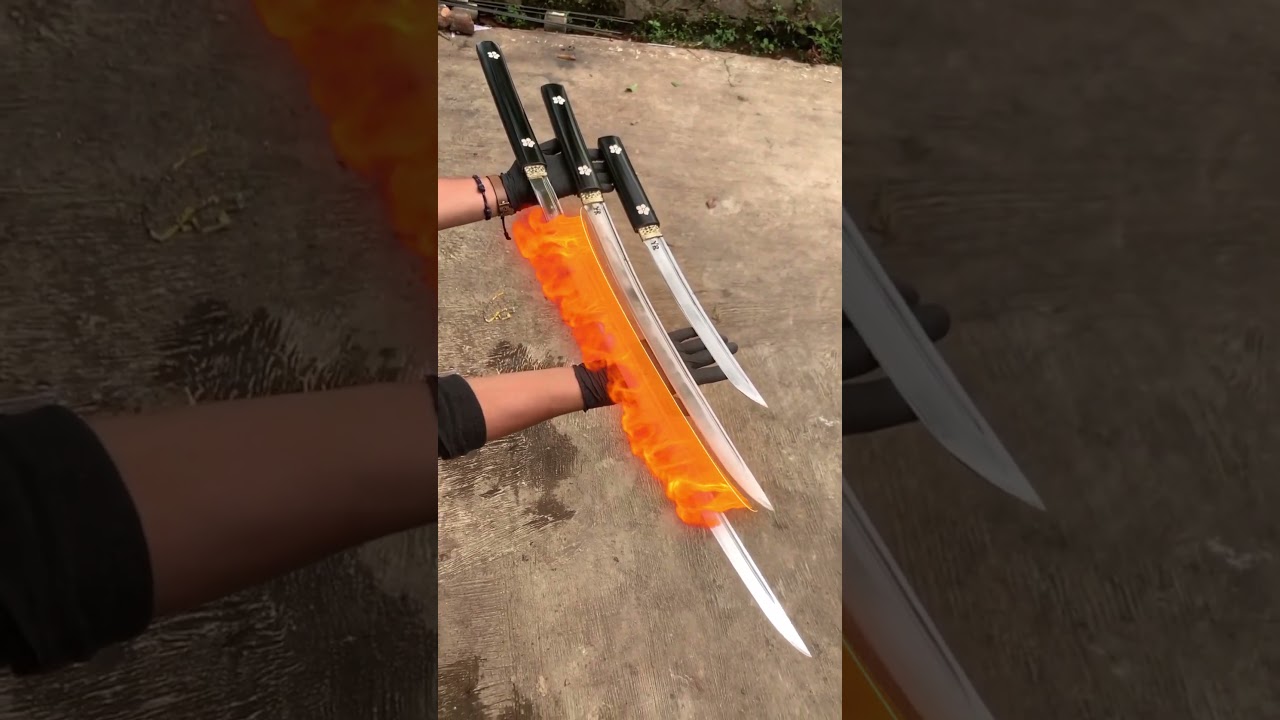Seppuku, often known as hara-kiri, is more than just a historical footnote; it’s a deep dive into the essence of honor and sacrifice within Japan’s samurai culture. Picture this: you’re a samurai faced with disgrace or inevitable defeat. What do you do? For many, the answer lay in seppuku, a ritualistic act of disembowelment that signified the ultimate expression of loyalty, honor, and integrity. This ancient practice, which gained traction during the late Heian period, represents a world where personal and familial honor outweighed life itself, as seen in the legendary tale of Minamoto no Yoshitsune. By grasping the historical context of seppuku, we get to appreciate the lengths individuals went to uphold their honor. It’s almost like a dramatic movie plot unfolding in real life, don’t you think?
Understanding Seppuku: A Historical Context
The roots of seppuku dig deep into the samurai ethos, establishing something bigger than personal sacrifice. Imagine a situation where one’s action could restore a family’s honor. In that framework, seppuku was not merely a desperate measure; it was a calculated decision—a way to redress wrongs. Cases such as that of Yoshitsune, a celebrated warrior, show that even the mightiest could find exile, leading to drastic decisions. Samurai believed that failing to act honorably tarnished not just their own image, but that of their entire clan.
This historical backdrop frames our understanding of seppuku. It illustrates just how ingrained these ideas were in Japanese culture. Think of it as a twist from an old film noir, where every action has weighty consequences. Samurai weren’t just warriors; they represented ideals that shaped an entire society. These tough choices echo through the ages, prompting us to reflect on our concepts of loyalty and honor, even today.
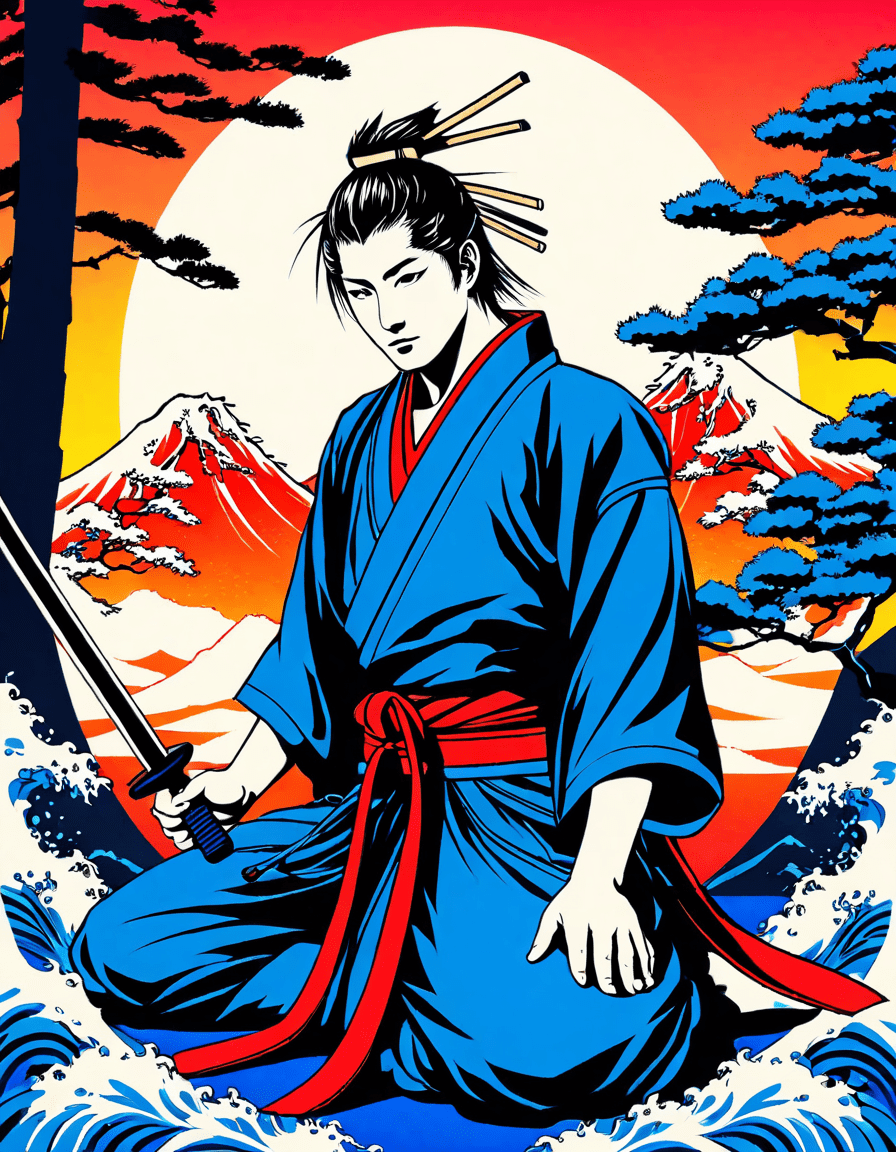
The Top 5 Cultural Representations of Seppuku in Film and Media
Seppuku has transcended cultural boundaries, finding its way into various movies and media. Here are five notable representations that showcase this dramatic act of honor and sacrifice:
1. “Harakiri” (1962)
Directed by Masaki Kobayashi, “Harakiri” critiques the samurai beliefs by presenting seppuku not as an act of bravery, but as a tragic result of societal pressures. The film pulls back the curtain on the darker side of honor culture. It’s like watching a tragic ending unfold before your eyes—it resonates with themes we still grapple with today.
2. “The Last Samurai” (2003)
With Tom Cruise at the helm, this flick showcases seppuku as part of a last stand against encroaching modernization. The character Katsumoto embodies the spirit of seppuku and highlights the tension between tradition and progress. His journey encapsulates sacrifice, positioning honor against a rapidly changing world. Talk about a heavy-duty storyline!
3. “47 Ronin” (2013)
Taking creative liberties, “47 Ronin” weaves together history and fantasy. The tale revolves around a group of samurai who engage in seppuku to uphold loyalty to their lord. Although it’s filled with fantastical elements, the authentic portrayal of honor culture elevates the action, making it a thrilling ride through honor and sacrifice.
4. “Train to Busan” (2016)
Now, let’s talk about “Train to Busan.” While not explicitly about seppuku, the film’s themes of sacrifice resonate powerfully through its characters. They make choices that reflect a willingness to put loved ones at risk for the greater good. It serves as a modern echo of traditional values, proving that honor transcends time.
5. “Linkin Park: The Catalyst”
The band Linkin Park dives into themes of inner turmoil and existential struggles in their song “The Catalyst.” While more of a metaphorical approach, it echoes the sentiments of seppuku—grappling with choices and the weight of sacrifice. It’s a theme that resonates universally, connecting to our deeper human experiences.
Philosophical Underpinnings of Seppuku
At its heart, seppuku brings forth discussions about morality, honor, and the samurai code known as Bushido. Bushido emphasizes values like loyalty and bravery, defining what it meant to be a samurai. Seppuku isn’t just a way out; it’s a reflective act that embodies skillful reckoning with moral dilemmas, showing the gravity of seppuku.
Examining Bushido’s principles helps us to deepen our understanding of why seppuku resonated so profoundly with samurai. Each act of seppuku demanded courageous contemplation, which brings us to ponder similar moral quandaries we face in our daily lives. Bring on the discussions—what would you do for honor?
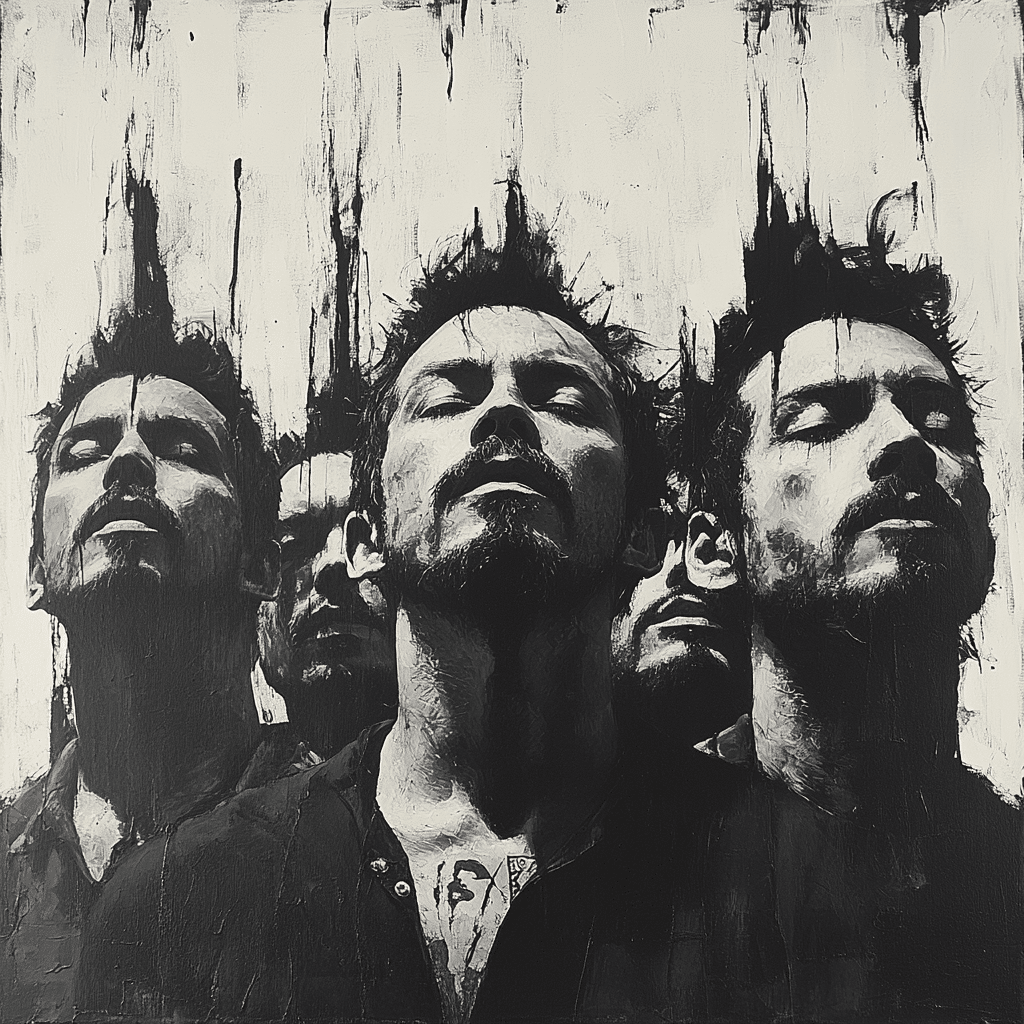
Seppuku in Modern Contexts: Rituals of Honor and Sacrifice
Fast-forward to 2026, where the essence of seppuku continues to spark conversations. Though the practice itself belongs to the past, the ideas around personal sacrifice for a greater cause endure. Various groups—military personnel and activists alike—live by codes that honor loyalty and sacrifice similar to the samurai traditions.
Think of dramatic moments when individuals choose self-sacrifice—like those who put themselves on the line for social justice or community welfare. These acts connect us back to the historical narratives of seppuku. They illustrate how humankind’s quest for honor remains constant, often shaping lives in profound ways.
Final Reflections: The Enduring Legacy of Seppuku
As we sift through the tapestry of honor and sacrifice, the legacy of seppuku paints a lustrous picture in both historical accounts and modern interpretations. It symbolizes a respect for integrity that surpasses the constraints of time and culture. In a world where the meaning of honor is often shaken, the willingness to engage deeply with these timeless concepts is crucial.
Whether through film, philosophy, or everyday acts of integrity, seppuku inspires thought and discourse. It reminds us that the essence of sacrifice is an integral part of the human experience. So, let’s continue to explore the depths of honor—who knows what we might discover about ourselves along the way! Whether you’re a fan of movies, like Ryan Murphys latest work, or curious about new streaming offerings, seppuku offers endless opportunities for exploration and understanding. And remember, in matters of honor, sometimes life—or cinema—asks the toughest questions of all.
So the next time you binge-watch a gripping series, think back on the intense legacy of seppuku. It’s riveting stuff, grounded not just in film, but in the universal human experience of choice, honor, and sacrifice.
Seppuku: The Dramatic Act of Honor and Sacrifice
The Historical Weight of Seppuku
Seppuku, or ritual suicide, is a practice deeply embedded in Japanese history, often linked with the samurai class. This act wasn’t just a way to escape disgrace; it symbolized a profound commitment to honor and duty. In fact, seppuku was so deeply respected that it was sometimes preferred over living with shame, and it marked a way for samurai to regain their lost honor. Isn’t it fascinating how acts of courage can take on such solemn meanings? As you dive into the heavy traditions, think of how modern-day figures, like Claire Coffee, embody the concept of sacrifice through their artistic contributions, stirring emotions just as seppuku did historically.
Cultural References in Media
Today, references to seppuku pop up in various forms of media, from films to books. Notably, it influences character arcs and plotlines that involve themes of honor and sacrifice. For instance, popular shows have explored this concept, tapping into the rich tapestry of Japanese traditions. And speaking of shows, remember Annette O’Toole’s powerful performances that often highlight the struggles for honor? They remind us how cultural traditions echo through storytelling, resonating just like the haunting legacy of seppuku. You might notice that the passion for such heavier themes can sometimes reflect in personalities like Lea Michele, who captures hearts with dramatic tales that evoke similar sentiments.
Seppuku in the Modern Era
In contemporary discussions, the act of seppuku often surfaces in conversations about personal sacrifice and the extremes one might go to preserve dignity. It’s curious, too, how modern interpretations—whether discussing a famous artist like Frankie Valli or even on platforms like Up For Film—can parallel the intense emotions behind seppuku. Talk about bridging past and present! It keeps people engaged in understanding the underlying principles of honor, duty, and sacrifice within various contexts. Additionally, seppuku’s connection to personal choice and dignity is echoed in everyday decisions—like choosing dependable services for your travels, perhaps a Usaa car rental, where trust and reliability are paramount. It’s all intricately woven, isn’t it? Where does honor find its place in a rapidly changing landscape?
